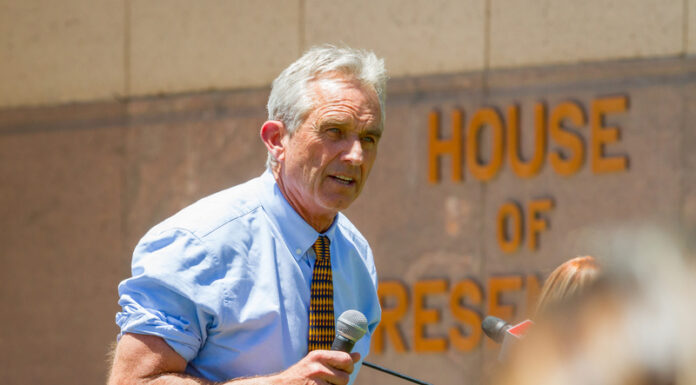President Donald Trump’s approval ratings have declined across all major policy areas, indicating a major change in public opinion since he assumed office, according to a CNN analysis presented on September 8, 2025.
CNN chief data analyst Harry Enten reported that Trump’s net approval ratings on significant issues are now all negative: crime is at -2 points, immigration at -3 points, foreign policy at -12 points, the economy at -14 points, and trade at -17 points.
These figures mark a notable reversal from Trump’s first term, during which he held a five-point approval rating on economic matters in April 2017. Enten pointed out that the economy was a primary factor in Trump’s reelection, yet he currently faces considerable disapproval on this critical issue.
Trump’s trade approval rating experienced the steepest drop, which Enten largely attributed to the administration’s tariff policies. On August 27, 2025, the president initiated a 50 percent tariff on India, following prior tariffs of 25 percent on Mexico, 30 percent on China, and 35 percent on Canada.
The polling decrease aligned with disappointing employment data released in early September 2025, which showed that only 22,000 jobs were added in August, against expectations of 77,000, while the unemployment rate rose 0.1 percentage points to 4.3 percent. CNN anchor John Berman described the employment numbers as historically poor.
Trump’s overall approval rating has been negative since March 12, 2025. The decline is especially sharp among key demographic groups, with his approval among Hispanic voters dropping from a negative six points to a negative 34 points, and among voters aged 18 to 29 falling from a positive two points to a negative 30 points.
Independent voters have been particularly critical of the president’s performance. Trump’s net approval rating among independents fell from a negative three percent when he started his term to a negative 29 percent by July 2025, marking the worst six-month performance with independents of any presidency, surpassing even Trump’s own first-term record of a negative 23 percent.
The president’s approach to inflation has been especially detrimental among independent voters, with his approval rating on the issue reaching a negative 45 percent. This is lower than former President Joe Biden’s negative 38 percent rating on inflation among the same group.
Trump’s significant legislative accomplishment, the “One Big Beautiful Bill,” has become what Enten called the most unpopular major legislation passed since 1990. Several polls conducted in August 2025 showed the bill with net favorability ratings ranging from -10 to -22 points across surveys by CNN, CBS, Fox News, The Wall Street Journal, and Pew Research.
The bill’s unpopularity exceeds that of the Affordable Care Act, which had a negative eight-point rating when it passed. Among independent voters, only 30 percent viewed the bill favorably while 69 percent opposed it, resulting in a 39-point gap that analysts suggest could impact future elections.
Additional controversies have intensified Trump’s political difficulties. The administration’s handling of the Jeffrey Epstein files attracted significant public interest, with Google searches for “Epstein” increasing 1,200 percent in July 2025 compared to the previous week. Only four percent of Republican-leaning respondents and three percent of Democrat-leaning respondents expressed satisfaction with the amount of information released about the case.
The polling trends have led analysts to predict significant losses for Republicans in the 2026 midterm elections. Enten noted that if the current approval numbers persist through Election Day 2026, “there is no way on God’s green earth that Republicans can hold on to the House of Representatives.” Republicans currently hold narrow majorities in both chambers of Congress, with 219 House seats compared to 213 for Democrats.
Political betting markets have reacted to these trends, with Democrats holding a 71 percent chance of reclaiming the House in 2026, according to current predictions. The shift in public opinion signifies a substantial change from February 2025, when Trump last held positive approval ratings.








